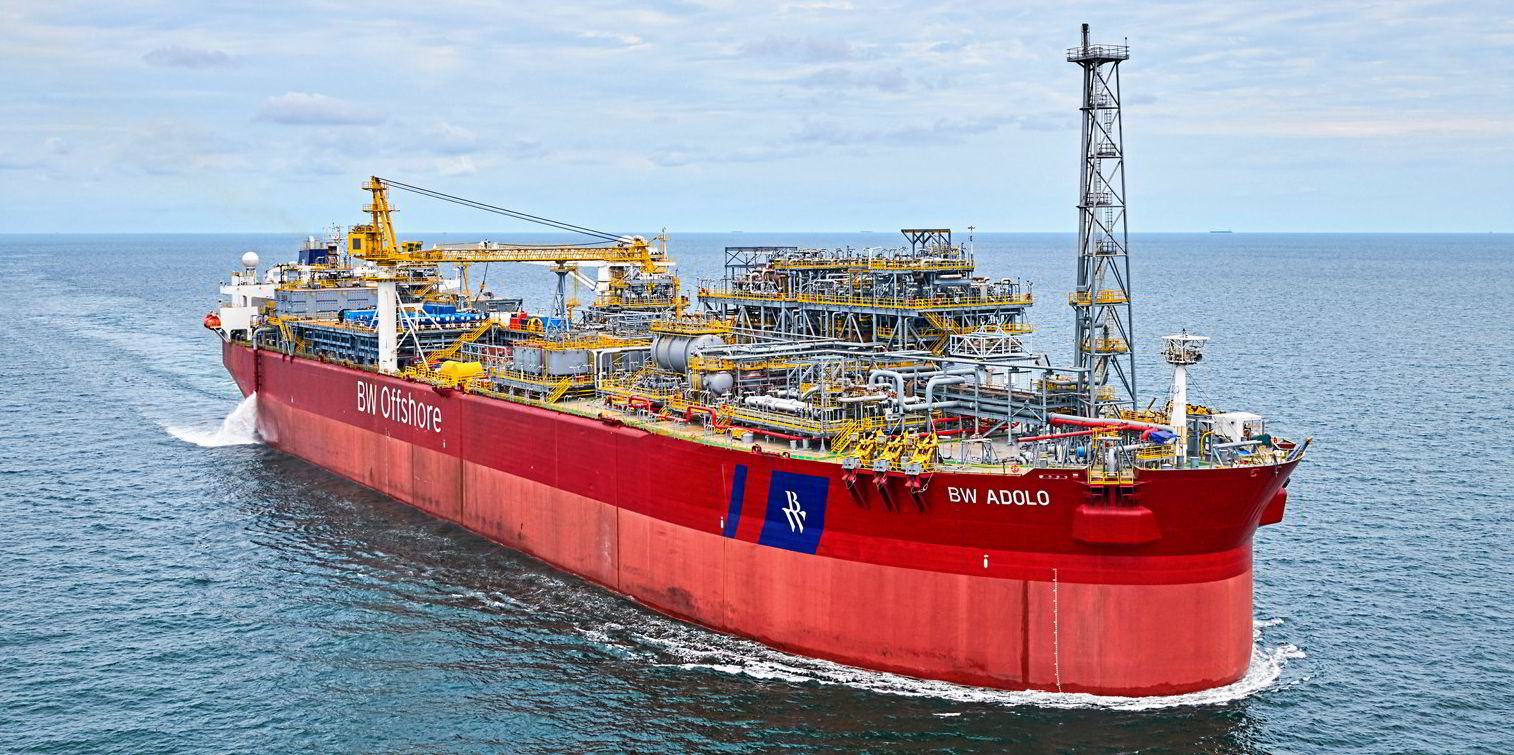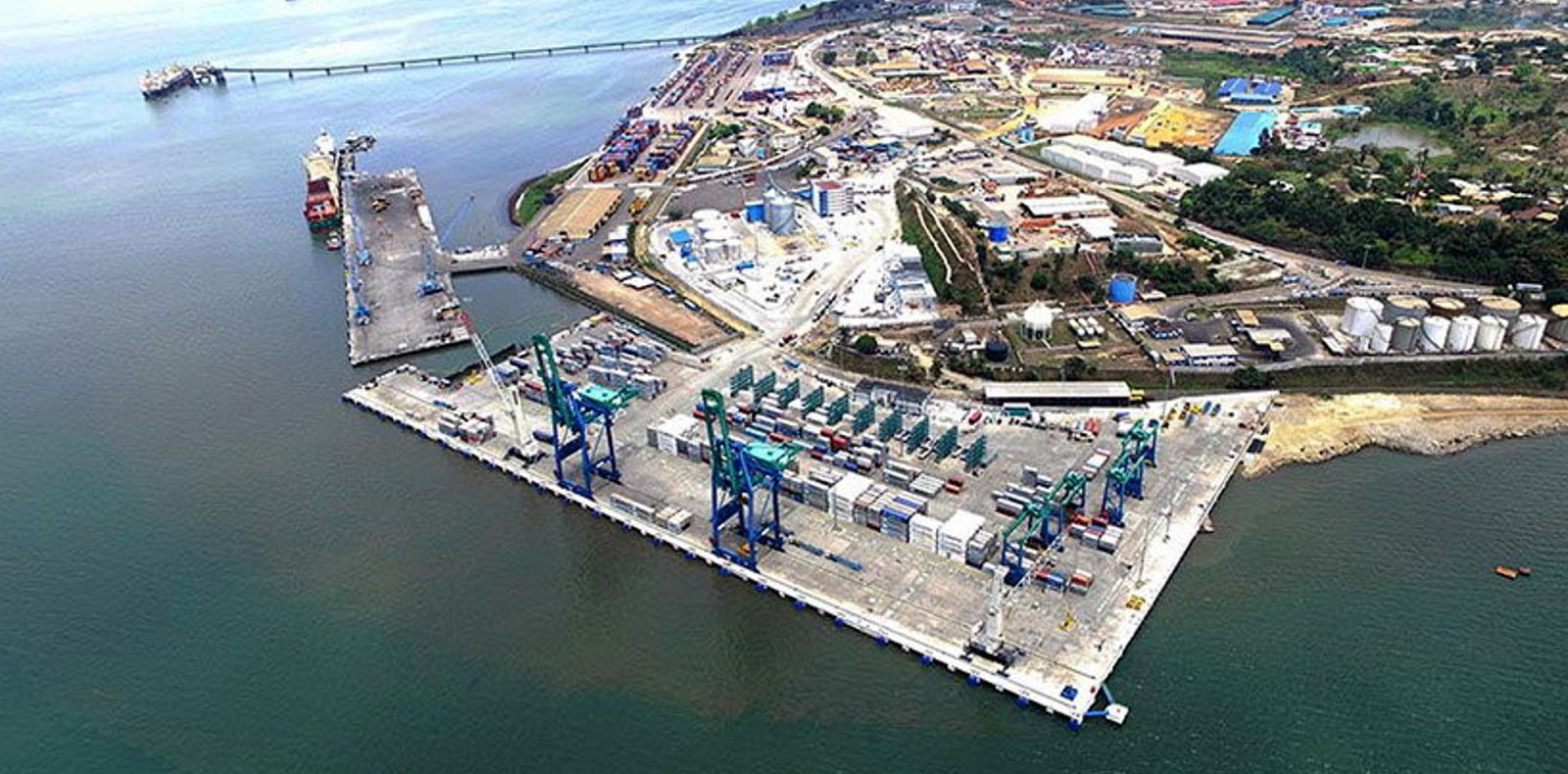Gabon’s oil production and exports remain in flux in the wake of the recent military coup, and it is to early to predict whether they will be disrupted, says US shipbroker Poten & Partners.
According to the International Energy Association (IEA), Gabon currently produces around 210,000 barrels per day (bpd).
The Central African nation became a member of OPEC in 1975, but terminated its membership in 1995, only to rejoin in 2016.
“While its production makes it one of the smaller OPEC producers, 210,000 bpd can make a difference in a tight oil market, which is already impacted by production cuts from Russia and Saudi Arabia. It also reminds market participants of the geopolitical risks inherent in the oil markets,” Poten said.
Gabon’s oil is sold to a wide variety of customers of which China is by far the largest buyer, but it also sells oil to Israel, Indonesia, the Netherlands, Italy and France, according to Poten.
The big oil majors are no longer active in Gabon and the country’s major producers include the likes of Oslo-listed BW Energy, UK-based Tullow Oil, Anglo-French independent oil company Perenco and France’s Maurel & Prom.
US-listed independent oil producer VAALCO Energy told investors last week that its Gabonese production is 100% offshore and all of its Gabon operations continue to operate normally.
“The Etame field completed a lifting of approximately 641,000 barrels of oil from Etame on Sunday, 27 August,” it said in a statement to investors.
According to Poten, the exporters are using several different terminals with most crude loaded from an onshore terminal in Port-Gentil, but the producers in Gabon also use several offshore loading terminals including SBMs, FSOs and an FPSO.
“Both the Cap Lopez terminal in Port Gentil as well as the offshore facilities have access to deep water, which means that exporters can use the optimal vessel class, from aframax up to VLCCs,” Poten said.
“Exports to China in general use VLCCs and some suezmaxes, while Israel primarily uses aframaxes, with the occasional suezmax sprinkled in. Indonesia almost always imports crude from Gabon on suezmaxes.”
The broker says Gabon is highly dependent on revenues from the sale of oil and other commodities and, unless the country becomes subject to sanctions which is thought to be unlikely, exports will go back to normal in the near future.
On 2 September, the Gabonese military announced that the country’s borders were reopened.
Security company Ambrey confirmed that Libreville port control was given approval for departures, and agents said vessels are free to sail.
Ambrey said ships at anchorage had begun performing cargo operations, transferring goods into barges.
The Gabonese navy had also been contacting vessels via VHF to confirm all was in order.
No merchant vessels had entered or exited the port or anchorage as of midday on 31 August.





